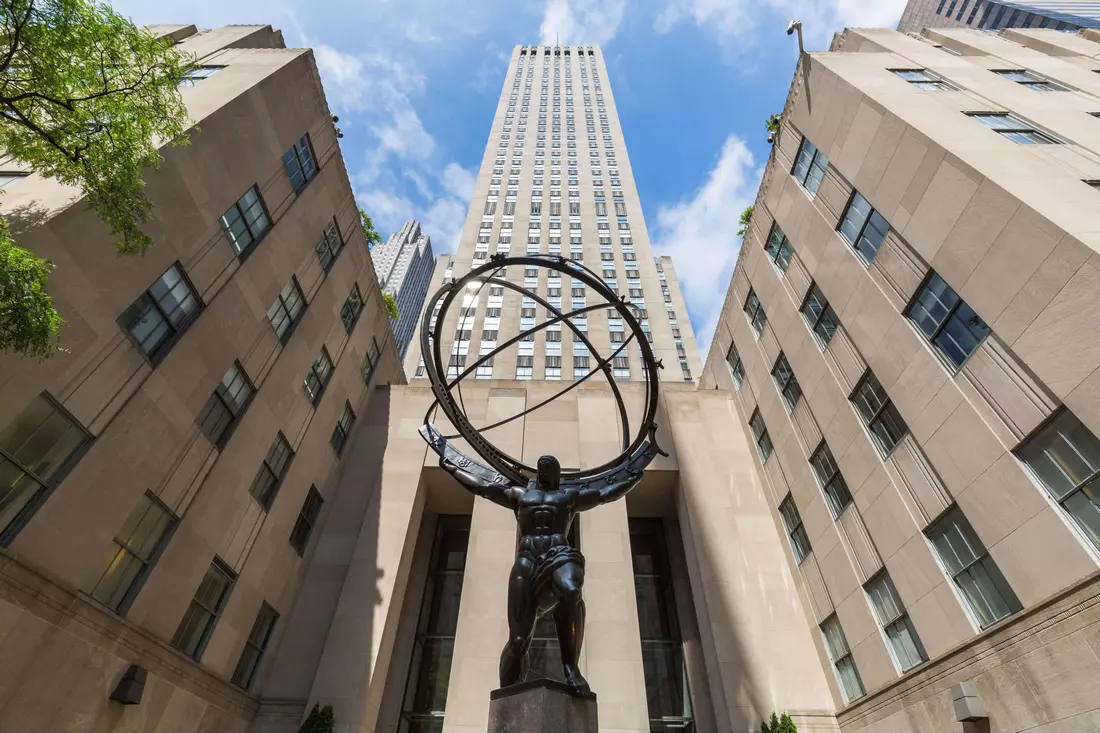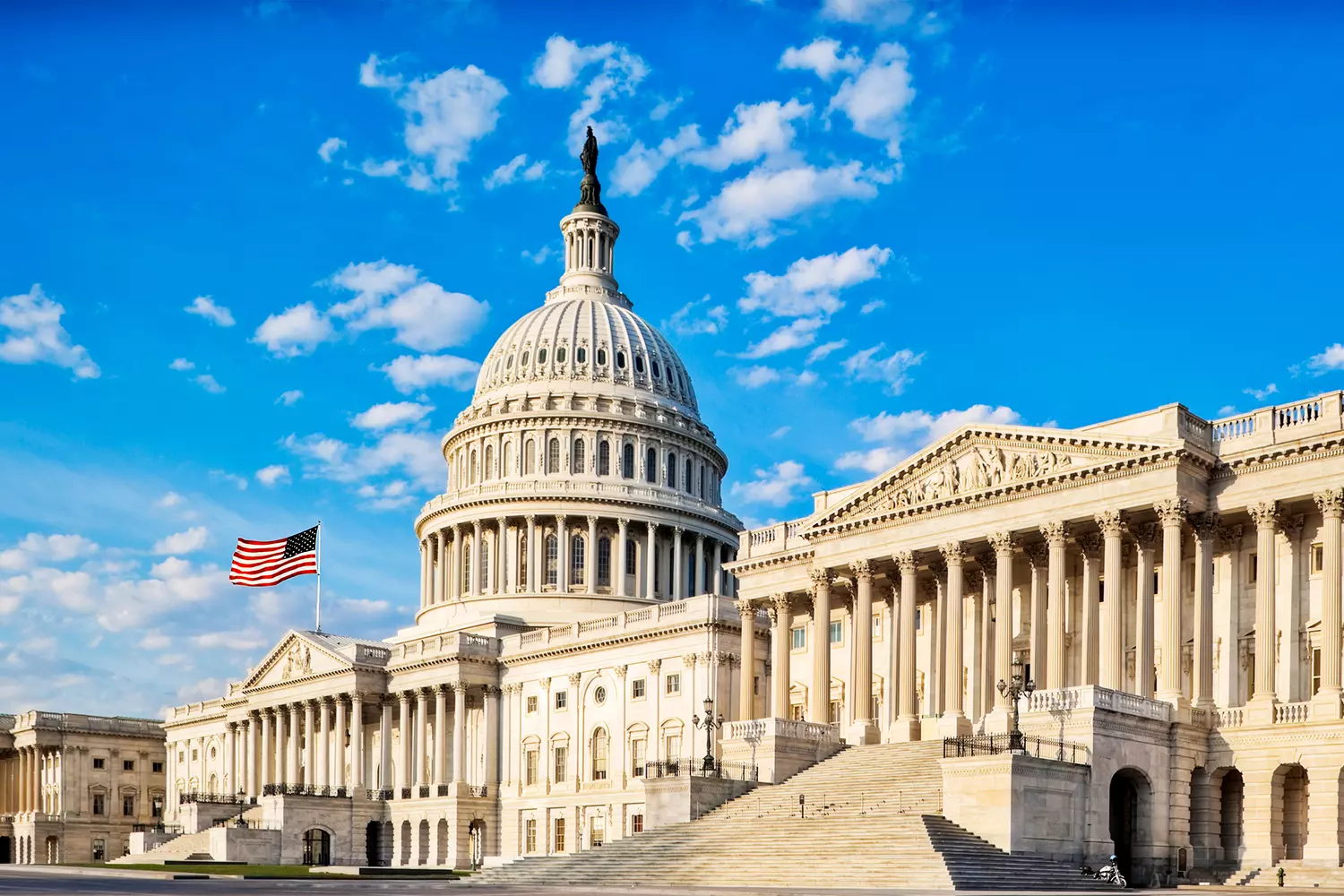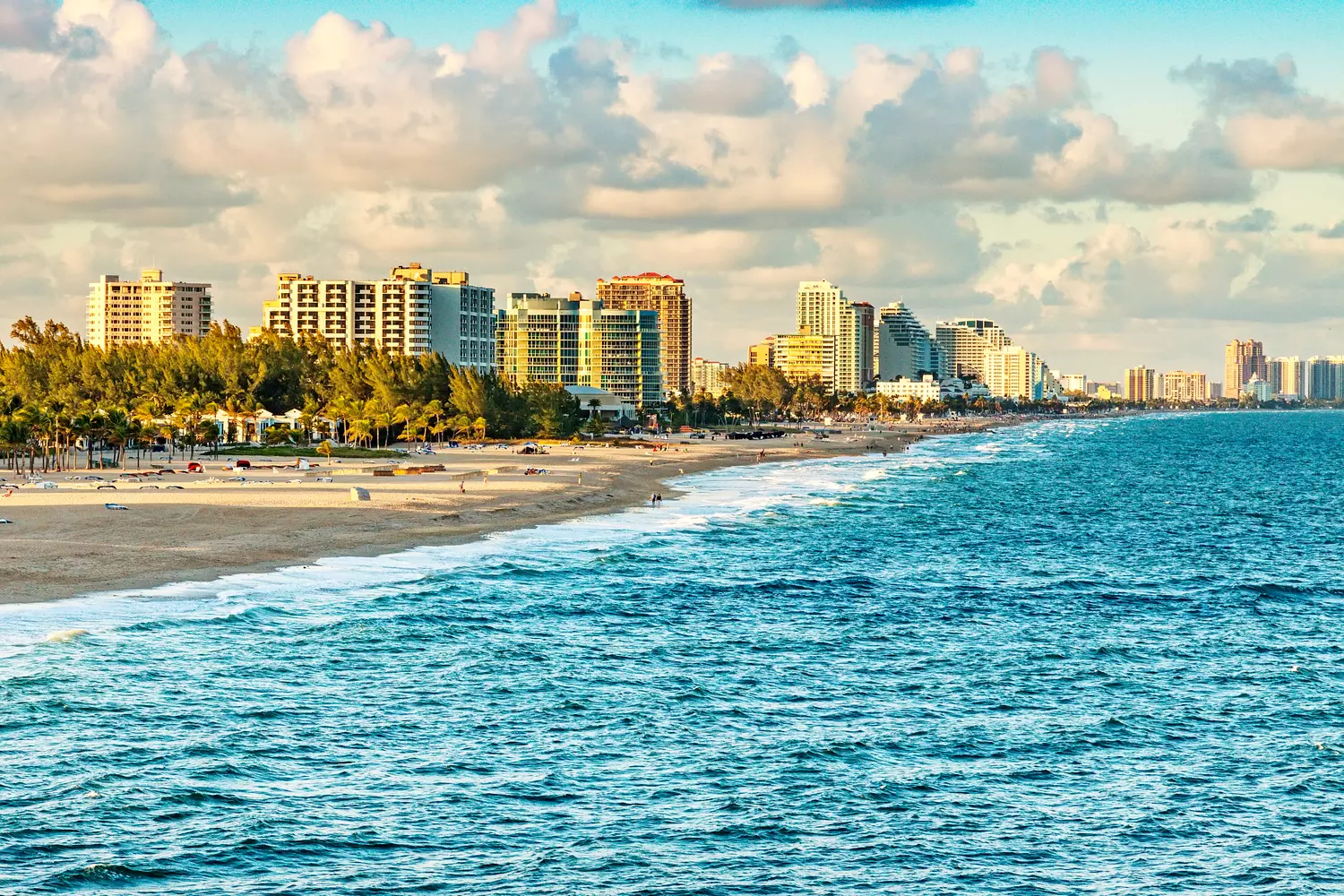The U.S. financial system is one of the most powerful and stable in the world, with the country’s largest banks playing a crucial role in the global economy. The banking sector in the U.S. is focused on innovation, digitalization, and customer convenience, offering a wide range of financial products and services. Many American banks hold top positions in global rankings and continue to expand by implementing cutting-edge technologies like mobile banking and artificial intelligence.
Whether you're planning to open an account, invest, or simply travel across the U.S., understanding how the local banking system works, knowing the major financial institutions, and being aware of potential nuances can be incredibly beneficial. A solid grasp of the U.S. banking landscape can help you avoid unnecessary fees, choose the most convenient payment methods, and take advantage of the best financial offers available.
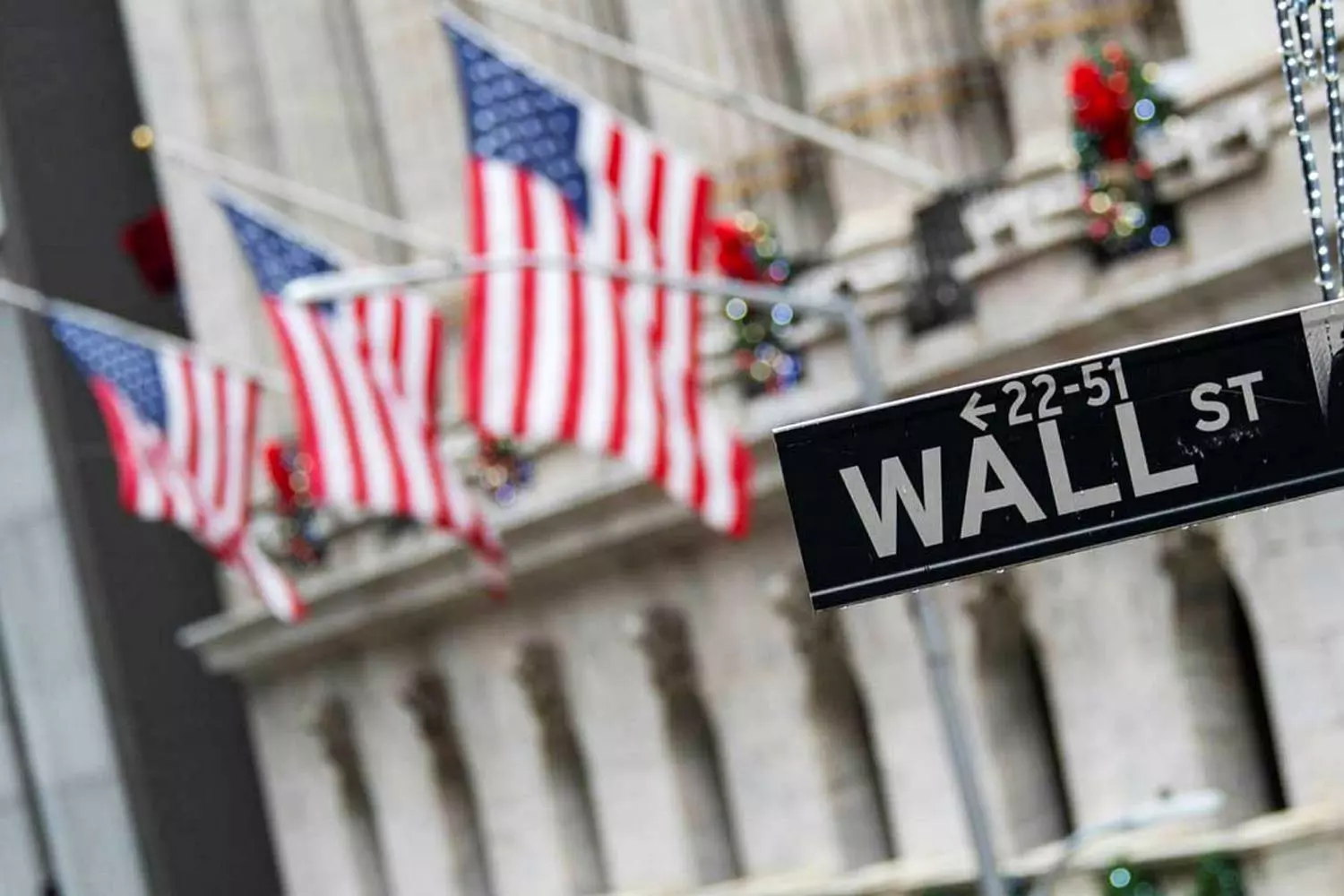
How the U.S. Banking System Works and How It Differs from Others
Unlike many European countries, where the banking system is centralized around a few major state-owned and private banks, the U.S. operates under a decentralized model. This means that thousands of banks coexist, ranging from the largest national institutions to regional banks and credit unions.
Key Features of the U.S. Banking System
- Federal Structure
Banking regulations are enforced at both the state and federal levels. - A Large Number of Independent Banks
The U.S. has over 4,000 banks, while Canada, for example, has fewer than 100. - A Well-Developed Credit Union System
Many Americans prefer non-profit credit unions, which often offer more favorable terms. - Limited Use of Chip Cards
While EMV chip cards are becoming more widespread, many Americans still use magnetic stripe cards. - Extensive Online Banking Network
Many banks provide convenient digital solutions, and some, like Chime or Ally Bank, operate entirely online. - A Wide Variety of Credit Cards
The U.S. has an extensive credit card system with loyalty programs, cashback offers, and bonuses, making them a popular financial tool. - Prevalence of Credit Financing
Unlike in many countries where loans are seen as a last resort, credit history is a fundamental financial tool in the U.S. Most Americans use credit for purchasing homes, cars, education, and even everyday expenses, thanks to loan accessibility, low interest rates (for those with good credit scores), and the FICO credit rating system that influences loan terms.
Rockefeller Center in New York
Bank of America
Bank of America is one of the oldest and largest banks in the United States, founded in 1904. It serves over 67 million customers, including individuals, businesses, and major corporations. The bank offers a wide range of financial services, from personal and corporate accounts to investment solutions and wealth management.
What sets Bank of America apart is its strong digital infrastructure, providing customers with user-friendly mobile apps and online banking with advanced features. Its credit and debit cards come with attractive loyalty programs, including cashback, travel rewards, and other exclusive benefits.
The bank is also heavily investing in artificial intelligence, integrating chatbots and automated financial advisory services to enhance customer experience. Additionally, it offers specialized services for immigrants and international investors, making it a preferred choice for clients worldwide.
Key Facts
- Total assets: Over $3 trillion
- Branch network: More than 4,000 locations across the U.S.
- Focus on digital banking technologies
- Comprehensive rewards programs, including cashback and bonuses
- Tailored solutions for small and medium-sized businesses, from credit options to investment products
Bank of America was the first to introduce mass-produced plastic credit cards, launching its iconic BankAmericard in 1958.
JPMorgan Chase
Chase is the largest bank in the United States by total assets, combining the power of investment giant JPMorgan with its retail banking division, Chase. Serving over 60 million individual and corporate clients, the bank offers a full suite of financial services, including mortgage lending, investment solutions, wealth management, and insurance products.
One of Chase’s biggest strengths is its extensive branch and ATM network, coupled with cutting-edge mobile banking that allows customers to manage their finances anytime, anywhere.
Key Highlights
- Total assets: Over $3.7 trillion
- Nationwide presence: 4,800+ branches and 16,000 ATMs
- One of the best credit card rewards programs (Chase Ultimate Rewards)
- Seamless integration with Apple Pay, Google Pay, and Samsung Pay
- Tailored financial solutions for small and medium-sized businesses
- A top choice for travelers and expats, thanks to its global ATM network and hassle-free international transfers
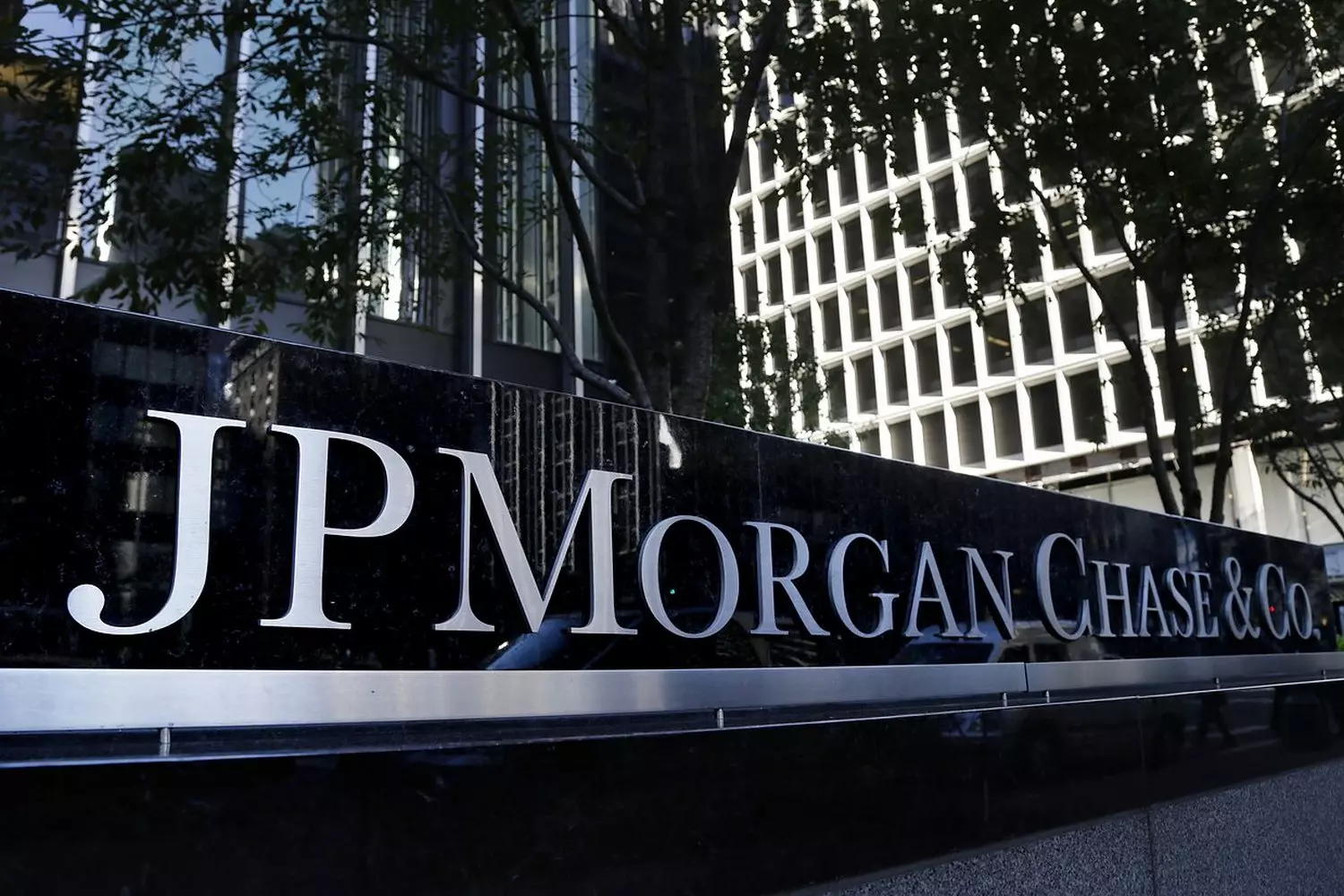
Wells Fargo
With over 160 years of history, Wells Fargo is a bank that remains committed to traditional banking services while continually evolving to meet modern financial needs. Serving more than 70 million customers, it offers a broad range of financial products, including loans, investments, insurance, and wealth management.
Key Advantages
- Extensive branch network: Over 5,000 branches and 13,000 ATMs across the U.S.
- One of the largest mortgage lenders in the country
- User-friendly mobile and online banking with budgeting tools
- Diverse credit programs for both businesses and individuals
- Advanced security measures and fraud monitoring systems
Wells Fargo is also known for its flexible lending options, offering special terms for students, retirees, and small business owners.
Citigroup
Citigroup is a worldwide financial giant, operating in over 160 countries. In the U.S., Citi is especially popular among international clients, thanks to its seamless banking experience abroad. With over 200 million accounts globally, the bank provides a comprehensive range of services, including consumer and investment banking, wealth management, and corporate lending.
Key Highlights
- One of the largest credit card issuers in the U.S.
- Specialized accounts and services for travelers and expats
- A vast network of international partners for hassle-free cross-border transfers
- Multi-currency support in online banking
- Tailored investment solutions for individual clients
Citigroup also stands out for its high security standards and a diverse selection of credit cards with attractive rewards programs, including premium travel cards.
Truist Financial
Truist is a relatively new player among banking giants, formed through the merger of BB&T and SunTrust. Today, the bank serves over 15 million customers, offering a comprehensive range of financial services, including mortgage lending, wealth management, insurance products, and business banking solutions.
Key Highlights
- Total assets exceeding $500 billion
- Extensive network with 2,000+ branches and 3,000 ATMs
- Innovative digital solutions, including mobile banking and AI-powered support
- Specialized financial programs for small businesses
- Competitive rates on mortgage and auto loans
Truist stands out for its strong focus on customer service and commitment to technology, making banking more convenient and accessible for its users.
Other Notable Banks in the U.S.
Beyond the five financial giants, many other banks in the U.S. offer attractive options for customers:
- U.S. Bank
Serves over 18 million customers, providing competitive rates on credit cards and mortgages. - PNC Bank
One of the largest regional banks, known for its investment and savings programs. - Goldman Sachs (Marcus)
Specializes in investments and offers high-yield savings accounts along with financial advisory services. - Capital One
A leader in credit card issuance, offering robust rewards programs and a seamless mobile banking experience. - TD Bank
- With over 9 million customers, it provides some of the best banking options for foreign nationals, including a simplified account opening process.
- Ally Bank
A fully digital bank with no physical branches, offering high-interest savings accounts and low fees, making it an excellent choice for freelancers and frequent travelers.
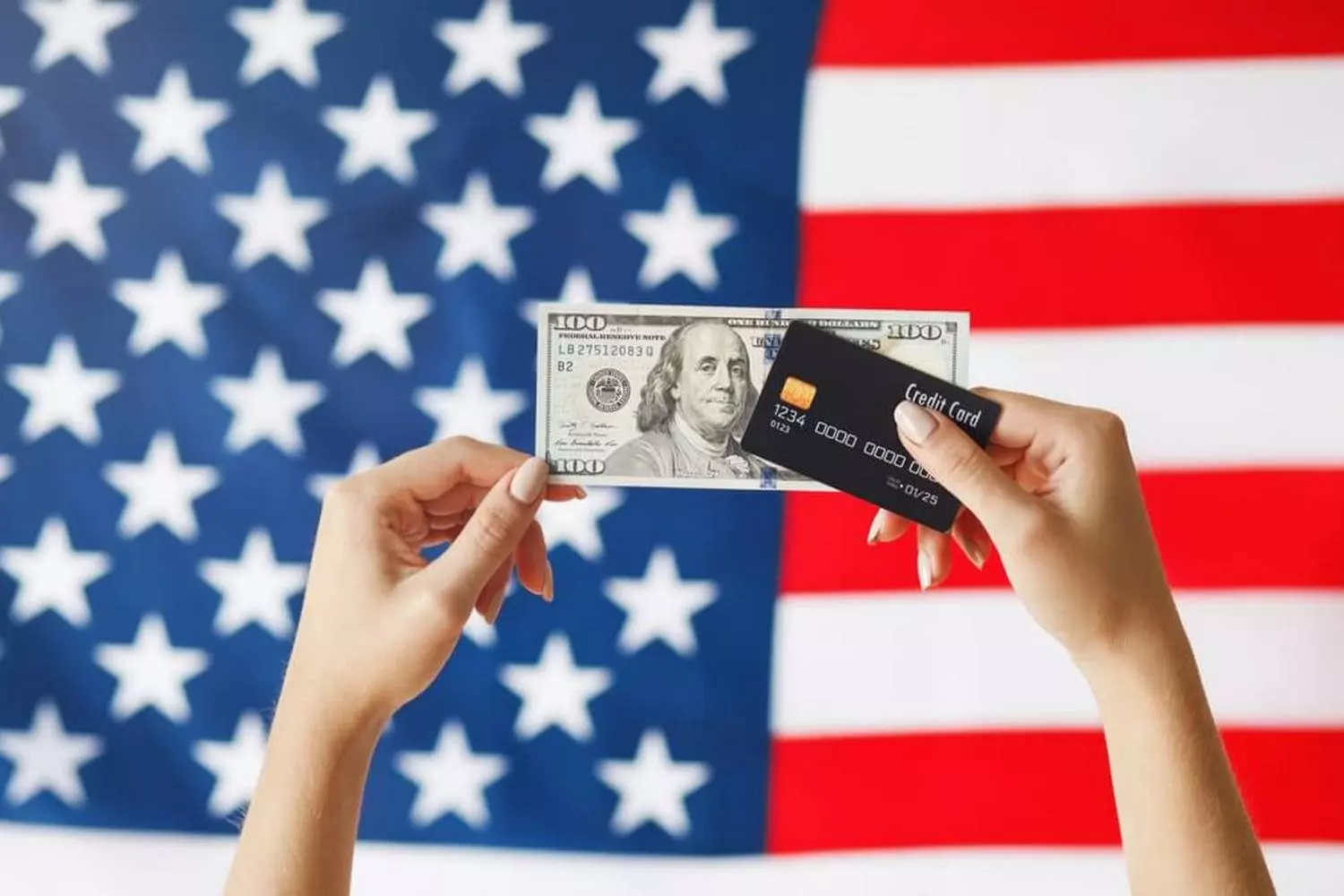
What Tourists Should Know About Banking in the U.S.
If you're traveling to the U.S., here are some key things to keep in mind when using banking services:
- ATMs & Fees
Withdrawing cash from an out-of-network ATM can cost up to $5 per transaction. Look for ATMs from partner banks or use cards that reimburse ATM fees. - Credit Cards Aren’t Always Accepted
While the U.S. heavily relies on credit cards, some places (such as gas stations, markets, and small shops) may only accept cash. - Tips May Be Charged Later
At restaurants, your final bill may include tips added later, so the charged amount might be higher than expected. - Apple Pay & Google Pay Are Not Universally Accepted
Some stores, especially in smaller towns, still prefer traditional payment methods.
How Can a Tourist Get a U.S. Bank Card?
If you're in the U.S. temporarily and want to open a bank account, the process can be more complicated than for residents. However, some banks allow foreign nationals to open accounts. To open an account, you typically need:
- A valid passport
- A visa or proof of legal U.S. stay
- Proof of address (e.g., a lease agreement or utility bill)
- An ITIN (Individual Taxpayer Identification Number) or SSN (Social Security Number) – not always required but helpful
Best Banks for Foreigners
- Bank of America
Offers special programs for non-residents, especially if you have international financial ties. - Chase
Allows tourists to open accounts with the necessary documents. - Citibank
A great option for travelers, as it operates globally. - Wells Fargo
Also provides account options for foreign customers.
Alternative Banking Options
If you can’t open a traditional bank account, consider these alternatives:
- Prepaid Debit Cards
Available at major stores like Walmart, these allow you to load funds and use them like a regular card. - Digital Banks (e.g., Revolut, Wise)
Offer U.S. banking details without requiring a physical presence in the country.
By planning ahead and choosing the right banking options, you can make your financial transactions in the U.S. much smoother!
Final Recommendations
The U.S. banking system has many unique aspects that set it apart from European and Asian models. By understanding its structure and key players, you can efficiently manage your finances, reduce fees, and choose the most convenient payment tools.
If you need assistance with opening a U.S. bank account, financial consulting, or setting up payment systems, American Butler is here to help. Our experts will guide you through the nuances of U.S. banking and provide tailored solutions to meet your needs.
Get in touch with us, and we’ll make your banking experience in the U.S. simple and hassle-free!














